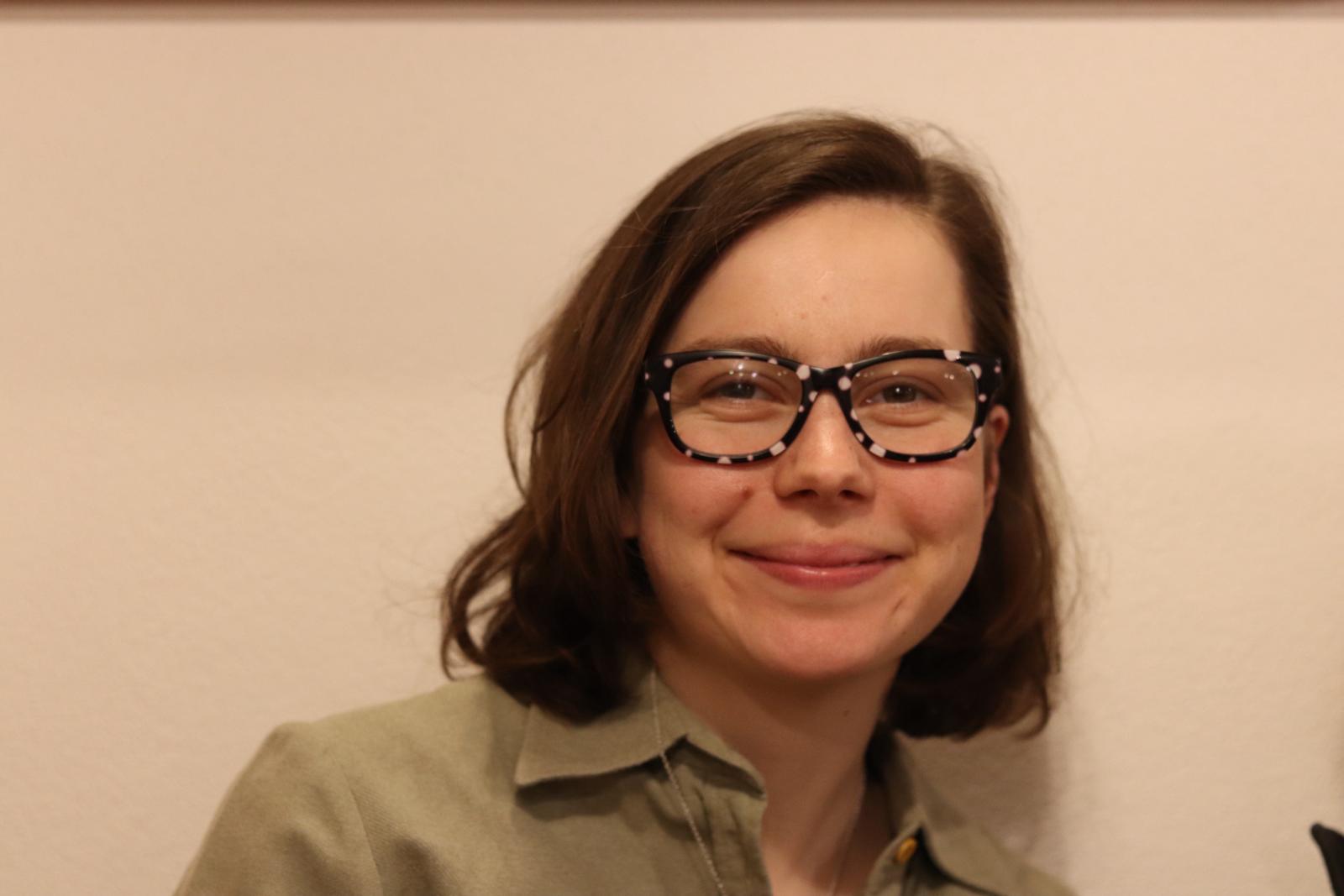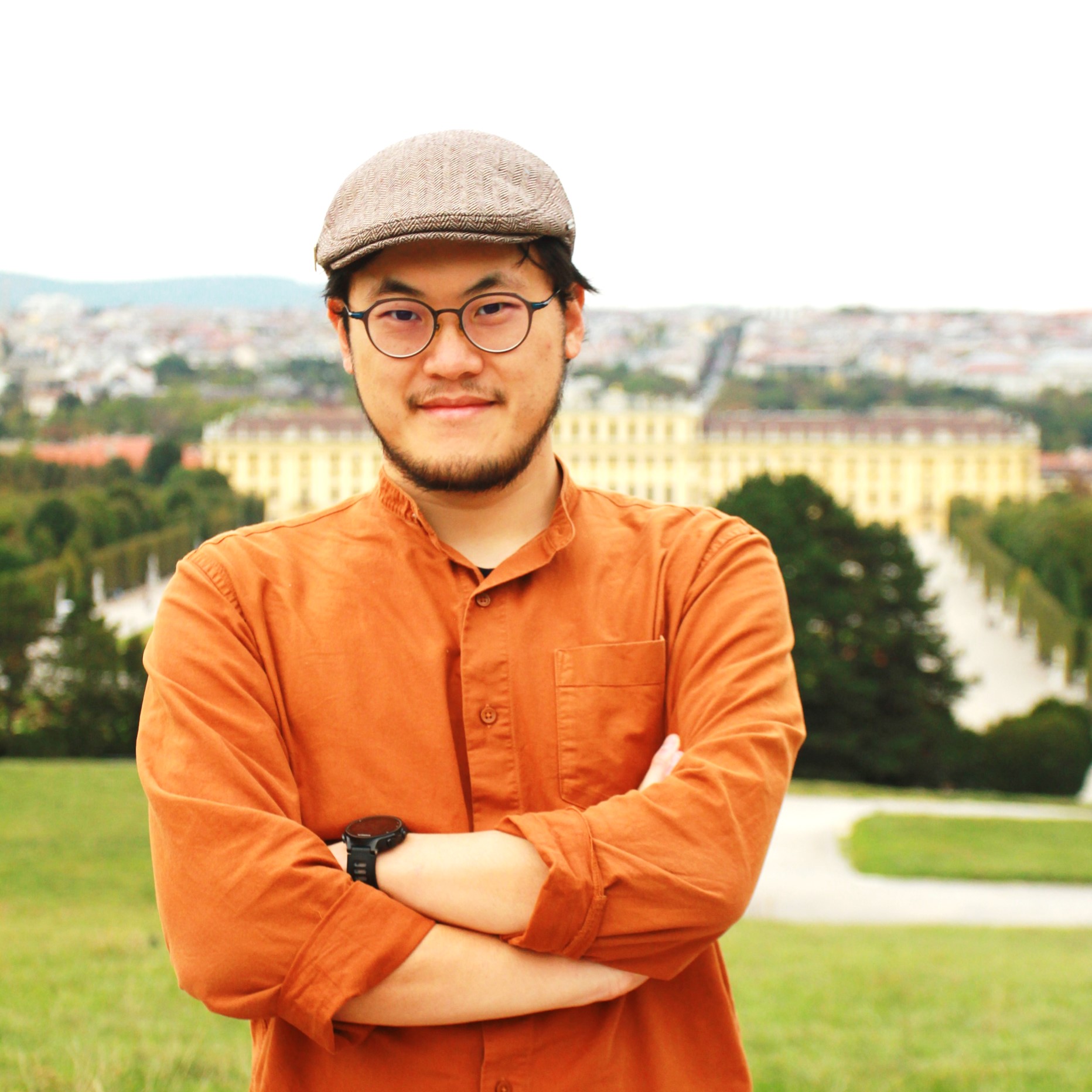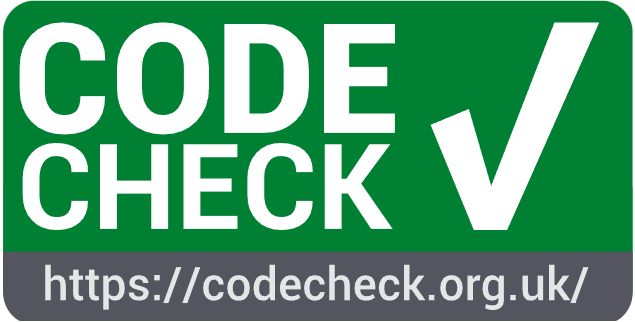Professor Narender Ramnani Steps into Presidency at the British Neuroscience Association
29th April 2025
17th Apr 2024
We are delighted to congratulate the winners of the 2024 BNA Credibility in Neuroscience Prizes:
Our annual Credibility in Neuroscience prizes, now in their 4th year, shine a light on individuals and teams making a great contribution to ensuring that neuroscience research is as robust, reliable, replicable, and reproducible as possible. Our Student Researcher winner receives a £500 cash prize, and all three prize winners will speak in a session of next week's Members Meeting.
In addition to thanking all of this year's nominees, we want to thank this year's independent judging panel for offering their time and expertise to determine the winners:
Our prizes are open to all fields of neuroscience where they are making a key contribution to credible neuroscience research.
Dr Mike Ashby, BNA Trustee for Credibility in Neuroscience, said:
"Many congratulations to Josefina Weinerova, Lei Zhang and the CODECHECK team for winning the BNA Credibility prizes. Leadership like that shown by all the winners is crucial in driving the highest standards of open, robust and reproducible research. Their efforts are inspirational and hugely deserving of this recognition."
All three prize winners will be speaking at the BNA's Members Meeting, taking place on 24-25 April.
Student Researcher Credibility Prize winner
 Josefina is a 2nd year PhD Student at the University of Nottingham where she is studying the effects of Covid-19 infection on cognitive and brain function in humans under the supervision of Dr. Roni Tibon. She is committed to incorporating reproducible scientific practices into her own work and beyond. Stage 1 Registered Report of one of her projects has recently gotten in principle acceptance and she is in the process of preregistering another project. She has also founded and organises ReproducibiliTea Nottingham journal club. Recently, she had become UKRN Local Network Lead for the University of Nottingham, and acts as an ECR representative on the university-wide Open Research Group.
Josefina is a 2nd year PhD Student at the University of Nottingham where she is studying the effects of Covid-19 infection on cognitive and brain function in humans under the supervision of Dr. Roni Tibon. She is committed to incorporating reproducible scientific practices into her own work and beyond. Stage 1 Registered Report of one of her projects has recently gotten in principle acceptance and she is in the process of preregistering another project. She has also founded and organises ReproducibiliTea Nottingham journal club. Recently, she had become UKRN Local Network Lead for the University of Nottingham, and acts as an ECR representative on the university-wide Open Research Group.
Previously, she completed her undergraduate and masters studies in Psychology at the University of Cambridge, where she worked with Professor Denes Szucs. Her masters thesis focused on the distribution of published effect sizes in social and developmental psychology. This published work demonstrates authors’ tendency to omit reports of statistical power and highlights potential reporting biases.
Josefina has recently co-authored a commentary on creative ways to incentivise reproducible science, which is available here.
Individual Researcher Credibility Prize winner
 Lei is an Associate Professor at the Centre for Human Brain Health, School of Psychology, University of Birmingham. Lei’s research addresses the fundamental question of the “flexible brain” by studying the cognitive, computational, and neurobiological basis of (social) flexible learning and decision-making in health and disease. Lei is deeply committed to open and reproducible science, and since 2017, he has openly and widely shared his research paradigm, data and code and teaching materials to the largest degree. Lei is one of the core members who developed the open-source and well-received R package “hBayesDM” to perform hierarchical Bayesian analysis (HBA) in cognitive computational neuroscience.
Lei is an Associate Professor at the Centre for Human Brain Health, School of Psychology, University of Birmingham. Lei’s research addresses the fundamental question of the “flexible brain” by studying the cognitive, computational, and neurobiological basis of (social) flexible learning and decision-making in health and disease. Lei is deeply committed to open and reproducible science, and since 2017, he has openly and widely shared his research paradigm, data and code and teaching materials to the largest degree. Lei is one of the core members who developed the open-source and well-received R package “hBayesDM” to perform hierarchical Bayesian analysis (HBA) in cognitive computational neuroscience.
Lei has also largely contributed to community building in open and reproducible research, through his ambassadorial role for the Center for Open Science and the eLife Community. Moreover, Lei is one of the founding members of the grassroots China Open Science Network (COSN), which aims to address the imbalance in the development of open science movement between Western and non-Western countries. COSN has so far attracted much attention within the community, and some new initiatives and partnerships are being established with open science organisations in the UK, such as ReproducibiliTea and the UK Reproducibility Network, to further address challenges in the global movement of open and reproducible science.
Since joining the University of Birmingham, Lei has been leading the module “Proposing Research in Psychology”, where he proactively teaches pre-registration, power analysis, and open data/code to 80+ neuroscience and psychology masters students. Open science practices are now being implemented in his own lab, the Adaptive Learning Psychology & Neuroscience (ALPN) Lab, at Birmingham.
Team Credibility Prize winner
 CODECHECK is a collaboration project led by Stephen Eglen (a professor in computational neuroscientist at the University of Cambridge) and Daniel Nüst (a postdoctoral researcher and research software engineer at TU Dresden and University of Münster) together with a community of codecheckers, collaborators in the scientific, academic publishing, and scholarly infrastructure communities, and a codecheckers team.
CODECHECK is a collaboration project led by Stephen Eglen (a professor in computational neuroscientist at the University of Cambridge) and Daniel Nüst (a postdoctoral researcher and research software engineer at TU Dresden and University of Münster) together with a community of codecheckers, collaborators in the scientific, academic publishing, and scholarly infrastructure communities, and a codecheckers team.
Framed around five core principles, CODECHECK offers an independent verification service for computer code associated with research papers and studies, with the aim of eliminating errors and removing barriers to sharing and reuse of the code. While not limited to neuroscience, CODECHECK has provided this service to many neuroscience studies and issued them with a "certificate of executable computation". This allows other users to be confident in utilising the code to interrogate the conclusions of the original study and to re-use the code for further analyses. In doing this, they are working to increase availability, discovery and reproducibility in computational neuroscience and thereby pioneering new routes to enhanced credibility.
In the future, the CODECHECK team hopes to update their basic principles and to work together with researchers, educators, editors, and publishers to raise the bar towards higher degrees of reproducibility and openness across all domains and communities of research.
We are very grateful to the Gatsby Foundation for their ongoing support of the BNA, including our Credibility in Neuroscience campaign.